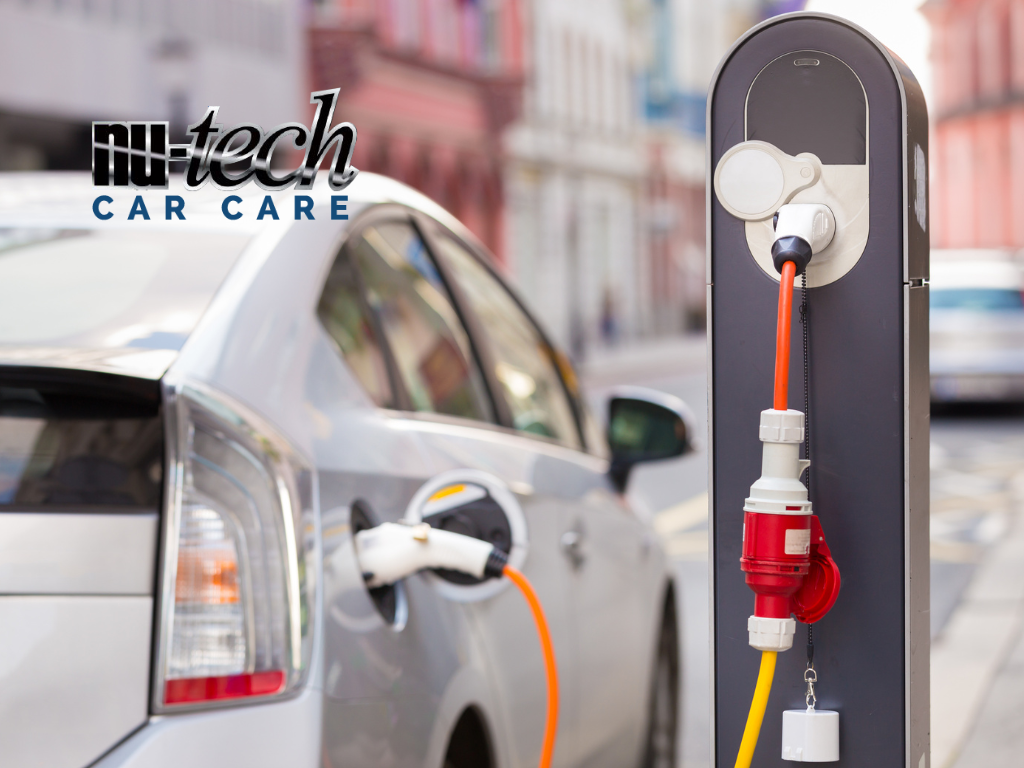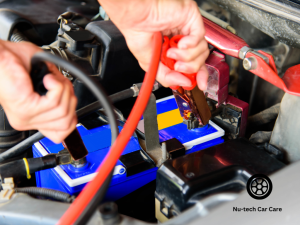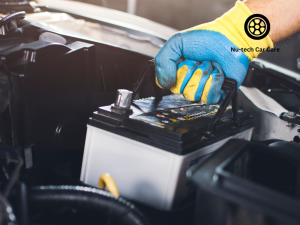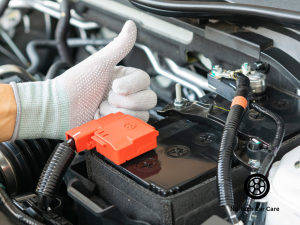 Differences Between EV and Traditional Car Repair
Differences Between EV and Traditional Car Repair
As the number of electric vehicles (EVs) increases, auto repair shops are adapting to meet new demands. Traditional car repair and EV repair differ in several ways. Primarily, instead of internal combustion engines, EVs use electric motors. Consequently, these vehicles require specific maintenance practices and repairs.
Additionally, EVs consist of high-voltage battery systems. For this reason, car mechanics must exercise extreme caution during repairs to avoid potential electrical injuries. In contrast, traditional cars mainly require mechanical knowledge. The complexity of electric systems in EVs adds a new layer to car repair, making it essential for mechanics to stay updated with evolving technologies.
Necessary Skills for EV Mechanics
Mechanics who work on EVs need a unique set of skills. For one, they must understand electrical systems and high-voltage safety. Notably, working with electric vehicles involves a higher risk of electrical shocks. Hence, proper safety training becomes a top priority.
Moreover, EV mechanics need to be familiar with battery technology. This includes understanding different types of batteries, battery management systems, and the specifics of car battery replacement in EVs. Since knowledge is power, the more they understand about electric vehicles, the better they can perform their jobs.
Case Studies of EV-specialized Auto Repair Shops
Several auto repair shops have successfully transitioned to servicing EVs. Take ‘Electric Revs’, for example, an independent shop that specializes in electric and hybrid vehicles. They started with just a few EVs but now work exclusively on electric cars. Similarly, ‘Eco Green Auto Clean’ has made a name for itself as a shop that uses environmentally friendly products to service EVs.
However, it’s not just independent shops making waves. Large auto repair chains are also making significant strides in training their mechanics to handle EVs. Clearly, the industry is shifting, and auto repair shops are keeping pace with the change.
The Future of EV Auto Repair
What does the future hold for EV auto repair? Well, as more people opt for EVs, demand for skilled EV mechanics will rise. This shift could lead to more specialized training programs and certifications for EV mechanics. It’s an exciting prospect!
At the same time, advancements in EV technology could make some repairs easier. For instance, over-the-air updates could solve software issues without the car ever needing to visit a repair shop. In this way, technology isn’t just changing the vehicles we drive but also how we maintain and repair them.
What is the main difference between a traditional car mechanic and an EV mechanic?
Traditional car mechanics specialize in internal combustion engines, while EV mechanics need to understand electric drivetrains and high-voltage battery systems. The nature of the systems involved in EVs requires mechanics to have extensive electrical safety training, along with knowledge about different types of batteries and battery management systems.
Are auto repair shops equipped to handle electric vehicles?
The level of readiness varies from shop to shop. Some auto repair shops, especially those that are brand-specific or high-end, are already equipped to handle EVs. Others, particularly independent shops, may need to invest in specialized training and tools to properly service electric vehicles.
Do electric vehicles require less maintenance than traditional vehicles?
Yes, in general, EVs require less routine maintenance than traditional vehicles. This is because electric drivetrains have fewer moving parts than internal combustion engines, reducing the need for things like oil changes. However, EVs still require regular maintenance on parts like brakes and tires, and their battery systems may require specialized attention.
Are there sufficient training programs available for aspiring EV mechanics?
While there are already several training programs available for aspiring EV mechanics, demand is growing as more EVs hit the roads. Trade schools, community colleges, and even online platforms offer courses in EV technology and repair. Some auto manufacturers also provide specific training programs for their electric models.
How often does an EV battery need to be replaced?
The lifespan of an EV battery can vary widely depending on the make and model of the vehicle, how the vehicle is driven, and how well the battery is maintained. However, many EV manufacturers offer warranties for their batteries that last for 8 to 10 years, or around 100,000 miles. With proper care, many batteries can last well beyond this warranty period.








